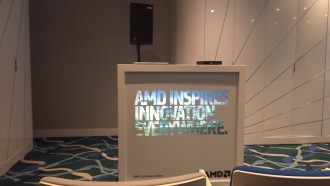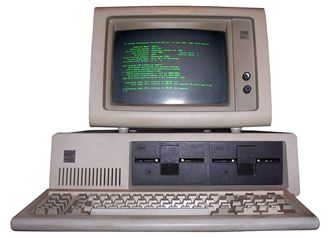 Despite rumours of private equity money, and takeovers by people as diverse as Microsoft and even HP, it appears that AMD is still getting the kind of support it needs from partners in its egosystem (sic).
Despite rumours of private equity money, and takeovers by people as diverse as Microsoft and even HP, it appears that AMD is still getting the kind of support it needs from partners in its egosystem (sic).
Here at the Canalys Channel Forum (CCF) conference in Barcelona, HP went out of its way to give AMD express backing and even exclusivity in the way of product launches.
Of course, there is nothing particularly new about this. I am staying at the Princesa Sofia hotel in Barcelona and it was here, now more than 20 years ago, that Compaq CEO Eckhard Pfeiffer lit out at Intel for messing with its customers’ minds. Wasn’t this also the venue for ex CEO Jerry Sanders III to declare that “with Microsoft and Intel we make the Holy Trinity?” I think it was.
Compaq was eventually swallowed up by the HP body corporate in the shape of Winsome Carly Fiorina but it has always given AMD a fair crack of the product whip.
AMD showed off two devices that will be sold into the channel worldwide – a highly dense little jobbie that seems to have more specs than you can shake a fist at and will hang on the back of your HD monitor – and a rather light notebook that is also highly specced and soon to be released as part of the Elite family.
Of course, getting the spinners or the suits to talk about acquisitions and the like is like trying to get a spider out of its web. But, nevertheless, it seems clear that quite a few AMD suits now appear to be HP people out of Grenoble.
An HP source, who declined to be named, suggested to Channel Eye that Intel doesn’t mind these kind of exclusive deals because it will be in deep hot water if it has to go it alone.
More, if it transpires.








